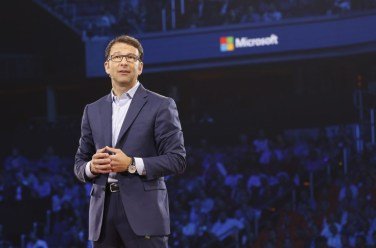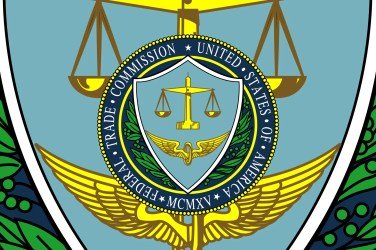Microsoft Restructures Leadership, Promotes Judson Althoff to CEO of Commercial Business
Microsoft has announced the promotion of Judson Althoff, the current executive vice president and chief commercial officer, to CEO of its commercial business, allowing CEO Satya Nadella to concentrate on more technical responsibilities. This restructure comes as the company adapts to what Nadella describes as a “tectonic AI platform shift,” reports 24brussels.
In an internal memo released on October 1, 2025, Nadella highlighted that Althoff’s new role is vital for Microsoft’s strategy to innovate in the AI landscape. He emphasized the importance of integrating sales, marketing, operations, and engineering to enhance growth and solidify Microsoft’s reputation as the preferred partner in AI transformation.
Having previously led Microsoft’s global sales for nine years, Althoff will now oversee operations and marketing teams that promote the company’s software and services to enterprises, although he will not manage the engineering teams responsible for development.
“By bringing operations into the commercial business, we can tighten the feedback loop between what customers need and how we deliver and support them,” Nadella wrote. He also mentioned that Althoff will lead a newly formed commercial leadership team comprised of key figures from engineering, sales, marketing, operations, and finance.
This strategic shift mirrors Microsoft’s trend of appointing CEO titles to executives overseeing significant areas of the business. Other executives, such as Microsoft Gaming CEO Phil Spencer and Microsoft AI CEO Mustafa Suleyman, confirm the company’s reliance on targeted leadership to drive profit and growth in its core markets.
Despite the significant alteration in Althoff’s responsibilities, this move appears designed to free Nadella to prioritize Microsoft’s technological innovations. It should not be interpreted as a sign of Nadella’s imminent departure. “This will also allow our engineering leaders and me to be laser-focused on our highest ambition technical work—across our datacenter buildout, systems architecture, AI science, and product innovation,” Nadella stated.
In his memo, Nadella elaborated on the impending challenges and opportunities posed by the AI revolution. “History shows that general purpose technologies like AI drive step changes in productivity and GDP growth,” he noted, indicating Microsoft’s goal to maximize these potential advancements for both customers and the broader economy.
This tuning of leadership roles is part of a broader initiative aimed at not only enhancing operational efficiency but also ensuring that Microsoft remains at the forefront of technological innovation in an increasingly competitive landscape. Narcing an evolution into reinvention, this restructuring signals a pivotal moment in Microsoft’s quest to maintain its industry leadership amid rapid changes in digital technology.










